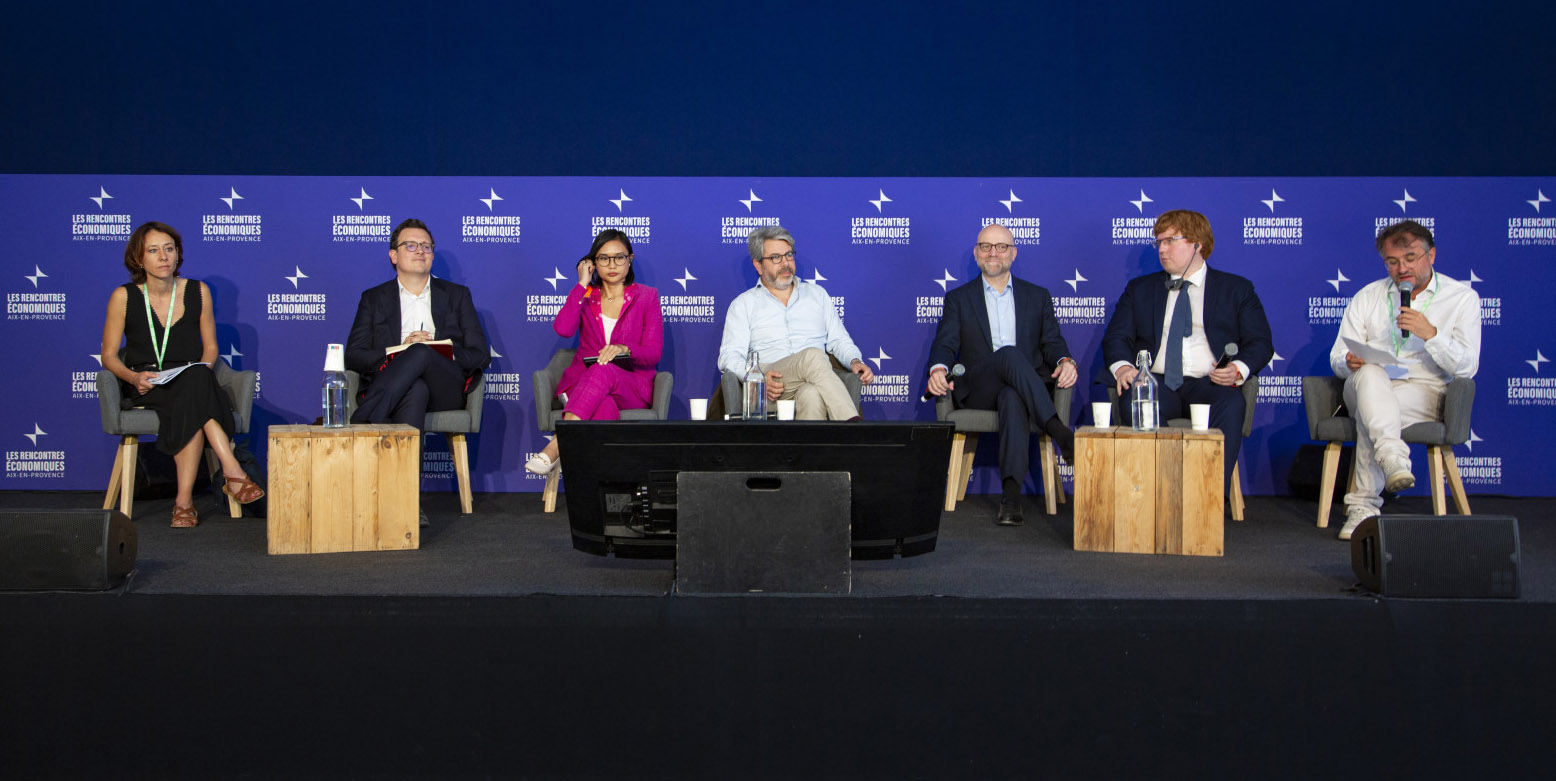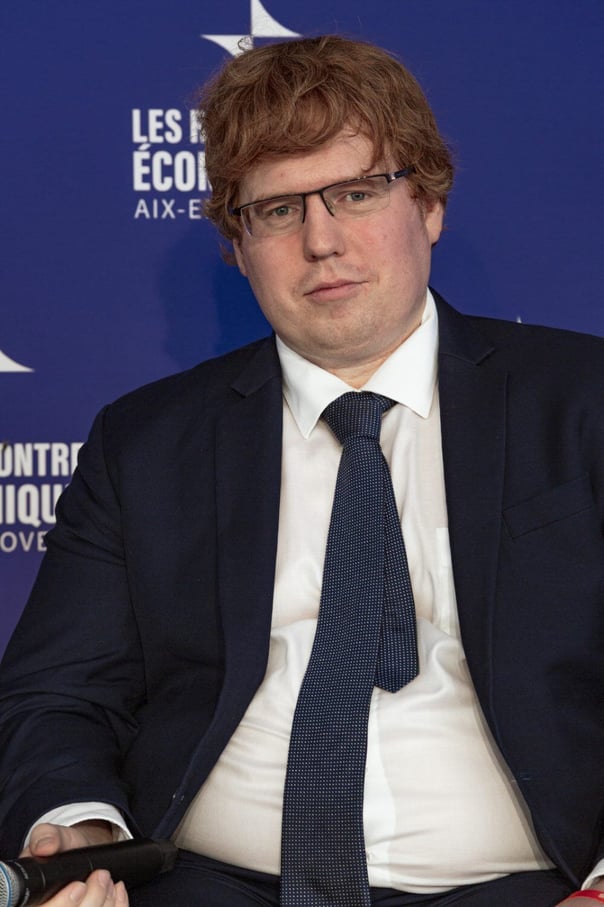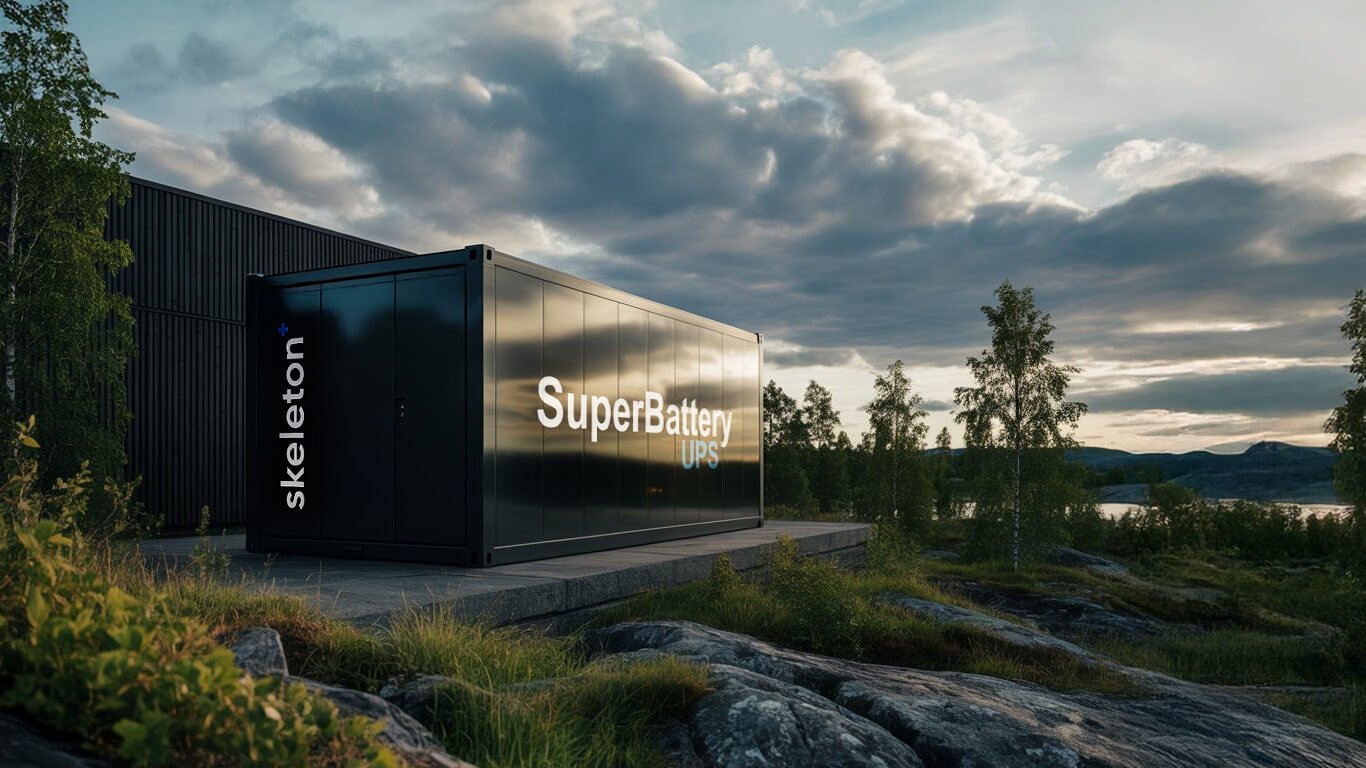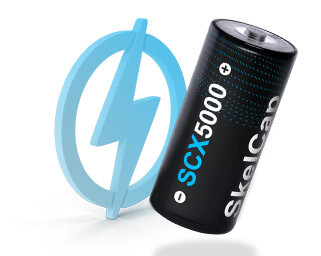
Taavi Madiberk at the Rencontres Economiques d'Aix-en-Provence 2024: Beyond Li-Ion Gigafactories, Europe Needs Technologies Independent of Critical Raw Materials

Our CEO Taavi Madiberk was invited to speak at the Rencontres Economiques d'Aix-en-Provence 2024, France's main business and economics conference as well as the biggest European economic forum open to all. Other speakers at the high-profile event included Christine Lagarde, President of the European Central Bank, Patrick Pouyanné, Chairman and CEO of TotalEnergies, Rodolphe Saadé, Chairman and CEO of CMA CGM, Guillaume Faury, CEO of Airbus, and Jean-Pierre Farandou, CEO of SNCF Group.
Taavi participated in the panel session “The Challenge of Resource Scarcity”, where Taavi discussed the challenge of resource scarcity, advocating for European strategic autonomy and the development of alternative battery technologies. While Europe needs more gigafactories producing lithium-ion batteries for EVs, it must also innovate and develop batteries that do not rely on scarce raw materials, addressing the needs of hard-to-decarbonize sectors.
Also participating in the panel session were Tiza Mafira, Director of Climate Policy Initiative; Ludovic Subran, Chief Economist of Allianz Trade; Pierre Pauliac, Executive Vice-President at SUEZ; and Francois Clement-Grandcourt, General Manager at BIC.
Context
At a time when the world could be tipping over into an economy of scarcity, resources have become both an economic and geopolitical issue. Fossil fuels, rare metals, and other natural resources have always been central to economic and geopolitical power. The high concentration of supply globally makes them powerful coercive tools, as seen in the use of gas in the conflict between Russia and Ukraine. The imperatives of environmental transition are reshaping global demand, creating new bottlenecks, especially for materials like cobalt and lithium. Rare metals, crucial for manufacturing smartphones and computers and often referred to as “blood minerals,” are increasingly becoming national security issues due to their scarcity and the protectionist policies of individual countries.
The over-exploitation of resources remains a critical issue, evident in the rapid deterioration of biodiversity and the depletion of water sources. This scarcity challenges our consumption patterns and necessitates technological responses to promote more sustainable use of non-renewable resources.
The psychological impact of perceived scarcity also plays a crucial role, as fear and speculation can exacerbate actual shortages. Fear-driven speculation, particularly surrounding lithium, graphite, and other battery materials, can distort markets and lead to unnecessary price volatility and supply issues. Given the scarcity of resources on the global stage, strategic alliances are crucial, particularly within Europe, for managing dependencies on essential resources. Cooperation and coordinated policies among European countries can help mitigate the risks associated with individual national strategies that could lead to higher prices and limited access to critical resources. A unified European strategy is essential for maintaining both economic stability and resilience in the face of global supply chain disruptions. The shift involves establishing strategic reserves, forming alliances, and implementing industrial policies that go beyond simple market operations, addressing both market allocation problems and significant geopolitical interests.

Insights by Taavi Madiberk
- For Europe to achieve strategic autonomy, it must develop technologies distinct from those in the US and China, focusing on differentiation from a raw materials perspective. Taavi noted that Europe needs a strategic supply of batteries, likening the situation to that of semiconductors.
- Both the US and China are pursuing growth and heavy investments in their industrial policies, a trend unlikely to change. Europe, with significantly less funding compared to the US's $700 billion Inflation Reduction Act, must focus on unique technologies for success. Skeleton is not focusing on the lithium-ion battery market for electric vehicles, a wider market saturated by Asian players. The company’s strategy to avoid mere imitation and target niche markets with unique products has been successful.
- Skeleton’s supercapacitors use no lithium, cobalt, nickel, or manganese. When the company was founded in Estonia in 2009 with limited funds, it was clear that competing against giants like Panasonic or LG required product differentiation. France played a crucial role in Skeleton's early days, with initial customers like the European Space Agency recognizing the value of higher power and reliability.
- In recent years, Skeeleton's customers have begun to appreciate the importance of sustainability and the European value chain, with concerns over price stability and availability of battery raw materials becoming more prominent.
- European countries need to collaborate and raise ambition levels, viewing competitors in China and the US rather than neighboring European countries. Partnerships with allies like Japan, which face resource scarcity, are essential for advancing climate technologies.
- International alliances are key in the battery industry. It’s impossible to establish a purely Estonian, German, or French battery company without cooperation and a network of partners. This rationale has led Skeleton to invest in Germany and France. In France, collaborations include academic partnerships with R&D centers and commercial partnerships with industrial giants and the nuclear sector.
- Industrial policy also influenced Skeleton's decision to invest in France, as the country actively rebuilds its industry. Regardless of political beliefs about climate change, industrial investments are crucial for jobs, economic growth, and strengthening Europe. Hence, Skeleton will continue its investments in France, supported by customer demand and partnerships, with plans to start production near Toulouse by 2027.
To learn more, check out the recording of the session with live English translation:
Photos courtesy of Rencontres Économiques d’Aix-en-Provence.





